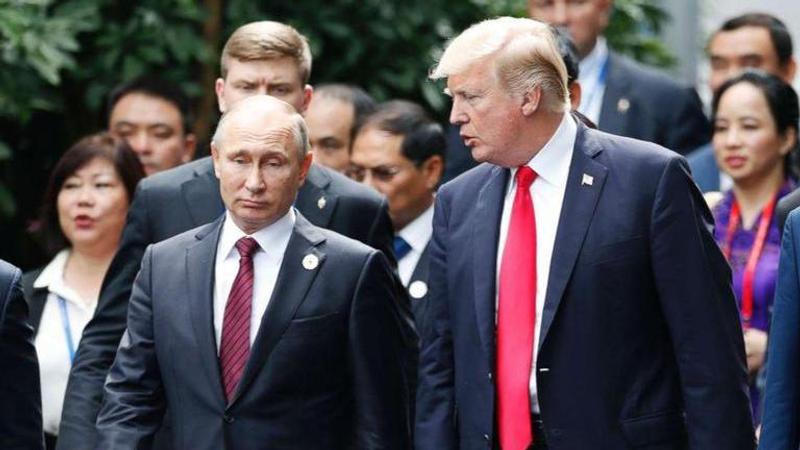Published 02:12 IST, October 18th 2020
US rejects Russian President Vladimir Putin's offer to extend arms control pact
On Friday, October 16, US National Security Adviser Robert O’Brien rejected Moscow’s proposal to extend the bilateral agreement for a year

In a swift reply to Russia, the US has made it clear that it does not want to extend the Strategic Arms Reduction Treaty (START). On Friday, October 16, US National Security Adviser Robert O’Brien rejected Moscow’s proposal to extend the bilateral agreement for a year, saying that doing so without capping nuclear warheads, which the treaty does not cover, was a "non-starter".
The US National Security Adviser's response came after Russian President Vladimir Putin called for an extension to the agreement without any conditions for at least a year. Talking about the nuclear agreement set to expire in February 2021, Putin said that it would be "sad" to see the treaty expire that was strategic in controlling an arms race between the two superpowers.
"It would be extremely sad if the treaty ceases to exist without being replaced by another fundamental document of the kind,” said the Russian President at his Security Council meeting.
'START'
Inked in January 1993, the Start II treaty is a bilateral agreement between the United States of America and Russia detailed on reduction and limitation of strategic offensive arms. The agreement puts a limit on the number of strategic nuclear warheads such as submarine-launched ballistic missiles and intercontinental ballistic missiles. However, what has concerned the Trump administration is that it does not cover any other types of nuclear warheads.
Earlier, Russia had offered to extend the treaty for five years without any conditions while the US administration was pushing for a new arms control agreement that would also include China. As per reports, Moscow described the idea of including China as unfeasible, pointing at Beijing’s refusal to negotiate any deal that would reduce its much-smaller nuclear arsenal.
(WIth AP Inputs; Image: robertcobrien/twitter)
Updated 02:12 IST, October 18th 2020




